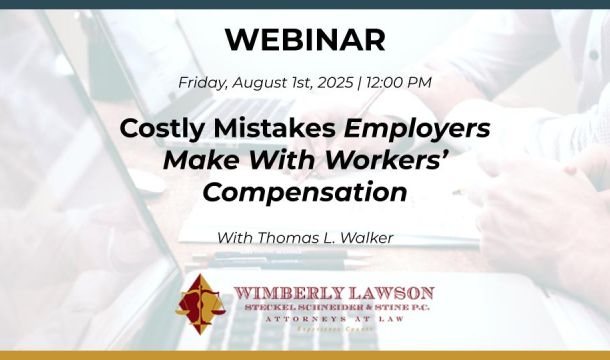Once again, Retaliation is the Most Frequently Filed Charge With EEOC
The EEOC released its fiscal year 2017 charge data, and once again, retaliation tops the list as the most frequently filed charge. Next on the list are are race, disability, and sex. Specifically, the charge numbers show the following breakdowns by bases alleged, in descending order:
- Retaliation: 41,097 (48.8 percent of all charges filed)
- Race: 28,528 (33.9 percent)
- Disability: 26,838 (31.9 percent)
- Sex: 25,605 (30.4 percent)
- Age: 18,376 (21.8 percent)
- National Origin: 8,299 (9.8 percent)
- Religion: 3,436 (4.1 percent)
- Color: 3,240 (3.8 percent)
- Equal Pay Act: 996 (1.2 percent)
- Genetic Information: 206 (.2 percent)
[These percentages add up to more than 100 because some charges allege multiple bases].
84,254 workplace discrimination charges were filed with the EEOC nationwide during fiscal year (FY) 2017. This is down from 91,503 charges of workplace discrimination filed in fiscal year 2016.
The EEOC also received 6,696 sexual harassment charges and claims that it obtained $46.3 million in monetary benefits for victims of sexual harassment. We expect the number of sexual harassment charges to increase in 2018 due to increased public awareness of sexual harassment.
Why is retaliation the most filed charge? For starters, it is very difficult to prevent an employee from claiming that he or she has been retaliated against after he or she has made a complaint or filed a charge of discrimination or harassment. From that point forward, that employee is likely to perceive anything bad that happens as retaliation for making that complaint or filing that charge, even if it isn't. Any writeup, any poor performance evaluation, change in schedule, or even something as seemingly minor as moving an employee's desk, even if completely justified, will be perceived as retaliation if it occurs after the employee has made a complaint or filed a charge.
Although an employer often cannot prevent an employee from alleging retaliation, it can take measures to build a strong defense to such a claim. Document the reasons for the action. Do not let a supervisor who is accused of harassment or discrimination be the sole decisionmaker for actions taken against the employee who made the complaint. At a minimum, add a level of review by another supervisor or manager or an HR professional. If there is a concern that an action may be considered retaliation, consult with legal counsel.

Kathleen J. Jennings is a former principal in the Atlanta office of Wimberly, Lawson, Steckel, Schneider, & Stine, P.C. She defends employers in employment matters, such as sexual harassment, discrimination, Wage and Hour, OSHA, restrictive covenants, and other employment litigation and provides training and counseling to employers in employment matters.
Related Content
Get Email Updates
Recent Content

How to Audit Employment Discrimination Laws Compliance

TPS Update (As of 6/17/2025)

TPS Designation for Honduras and Nicaragua Automatically Extended, But the Date is Uncertain

President Trump Discourages Criminal Enforcement of Agency Rules

Supreme Court Suggests Trump Can Fire Agency Heads without Cause
